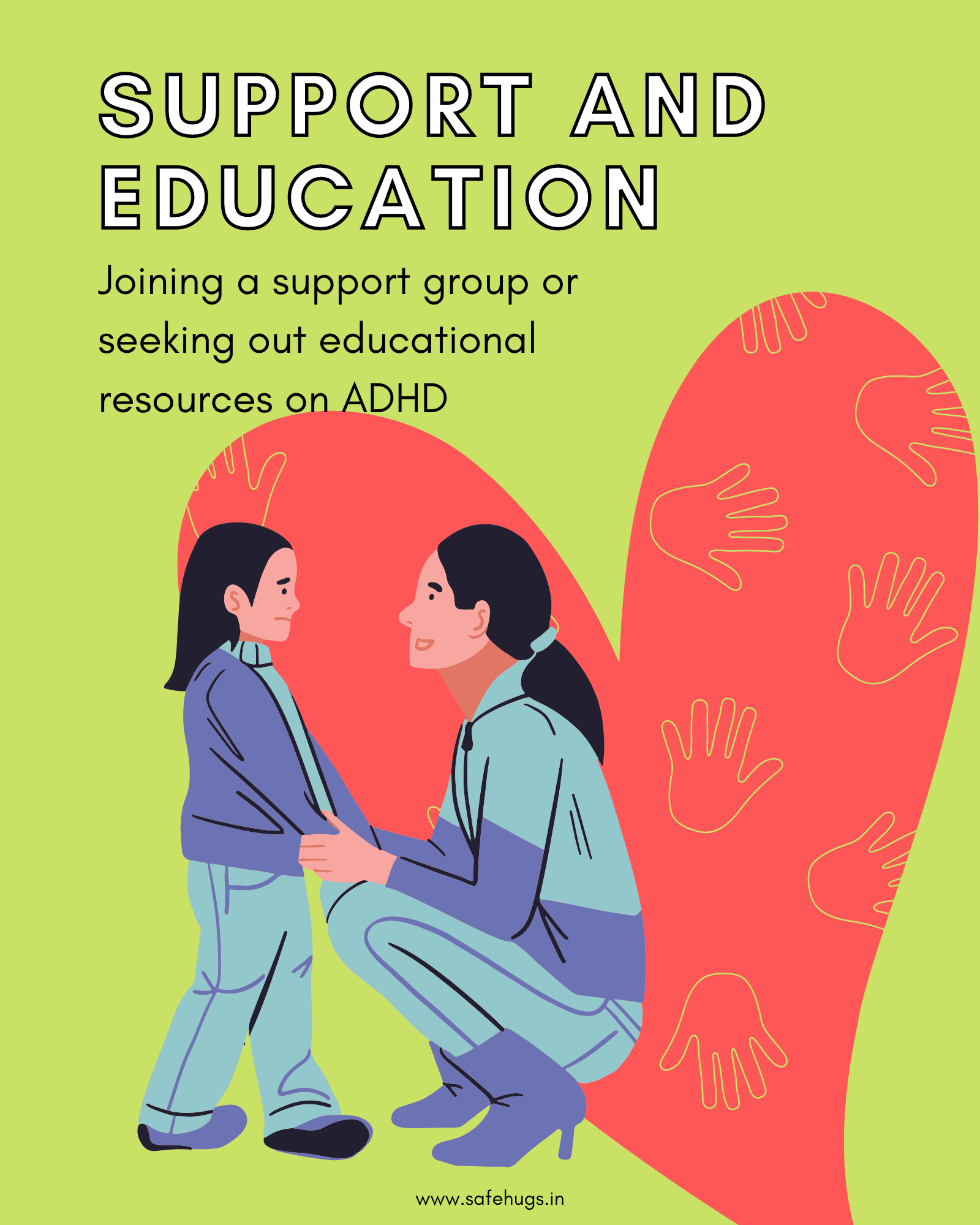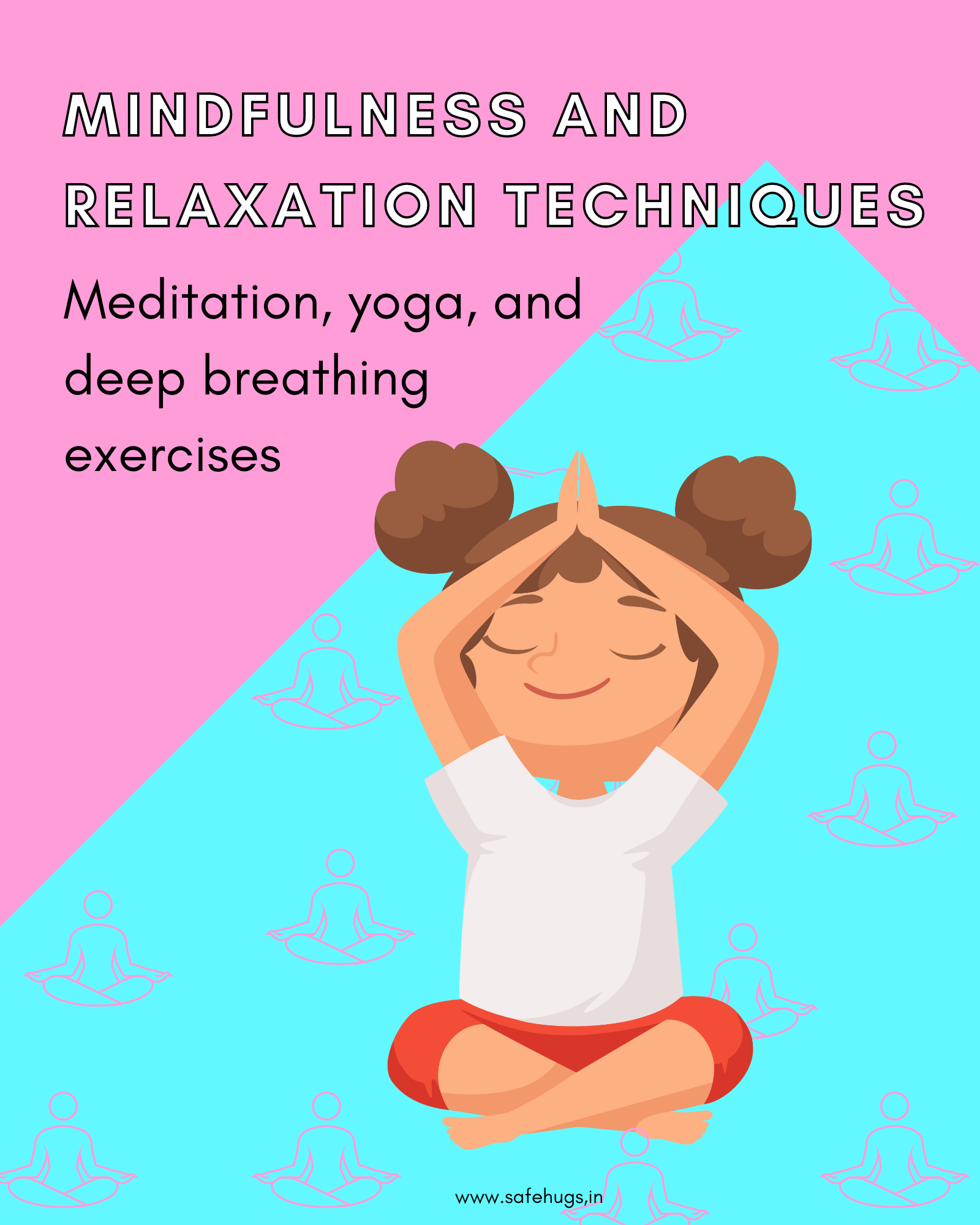ADHD Treatment: Practical Tips and Strategies
Managing Attention-Deficit/Hyperactivity disorder (ADHD) often requires a multimodal approach that combines medication, therapy, and lifestyle modifications. While there is no one-size-fits-all treatment for ADHD, there are several effective strategies that can help individuals manage their symptoms and improve their quality of life. Here, we'll discuss various treatment options and offer practical recommendations for individuals and caregivers.
Diagnosis of ADHD
Diagnosing ADHD involves a comprehensive evaluation (symptoms of ADHD) by healthcare professionals, including a thorough medical history, physical examination, and assessment of symptoms. The Diagnostic and Statistical Manual of Mental Disorders, Fifth Edition (DSM-5), outlines specific criteria for diagnosing ADHD.
Treatments of ADHD
Medication:

- Stimulant medications, such as methylphenidate (e.g., Ritalin) and amphetamine (e.g., Adderall), are commonly prescribed to help improve focus, attention, and impulse control in individuals with ADHD.
- Non-stimulant medications, such as atomoxetine (Strattera) and guanfacine (Intuniv), may be prescribed for individuals who do not respond well to stimulants or have certain medical conditions. It's important to work closely with a healthcare provider to find the right medication and dosage that works best for each individual.
Therapy:

- Behavioural therapy, such as cognitive-behavioural therapy (CBT) and behaviour modification techniques, can help individuals develop coping strategies and improve self-regulation.
- Parent training and education programs can help parents and caregivers learn effective parenting strategies for managing ADHD symptoms in children.
Lifestyle Modifications:

- Establishing a structured routine and setting up organisational systems can help individuals with ADHD manage their time and tasks more effectively.
- Regular physical exercise, a healthy diet, and adequate sleep can also help improve focus and reduce impulsivity.
Support and Education:

- Joining a support group or seeking out educational resources on ADHD can provide valuable support and information.
- Educating family members, friends, and co-workers about ADHD can help create a more understanding and supportive environment.
Mindfulness and Relaxation Techniques:

Practices such as mindfulness meditation, yoga, and deep breathing exercises can help reduce stress and improve attention and self-regulation. A meta-analysis published in JAMA Pediatrics found that children with ADHD who participated in physical activity showed improvements in attention, hyperactivity, and impulsivity.
Multimodal Treatment Approaches
Many individuals with ADHD benefit from a combination of treatments, known as multimodal treatment. This approach combines behavioural therapies, pharmacological treatments, and lifestyle modifications to address the diverse needs of individuals with ADHD. A study published in the Journal of Attention Disorders found that a multimodal treatment approach, combining medication and behavioural therapy, was more effective in reducing ADHD symptoms than either treatment alone.
In conclusion, managing ADHD requires a comprehensive approach that addresses both the symptoms and the underlying challenges. By combining medication, therapy, lifestyle modifications, and support, individuals with ADHD can effectively manage their symptoms and lead fulfilling lives.
Navigating the Treatment Journey
Navigating the treatment journey of ADHD can be daunting, with various challenges and misconceptions along the way. We'll explore some common challenges and misconceptions surrounding ADHD treatment and provide guidance on finding the right healthcare professionals and resources for support.
Common Challenges:
Stigma and Misunderstanding:
There is still stigma surrounding ADHD, with some people viewing it as a behavioural issue rather than a legitimate medical condition. This can lead to misconceptions and barriers to accessing appropriate treatment.
Finding the Right Treatment Approach:
ADHD treatment is not one-size-fits-all, and what works for one person may not work for another. It can take time and patience to find the right combination of treatments, which can include medication, therapy, and lifestyle modifications.
Managing Medication:
Some individuals may be hesitant to try medication due to concerns about side effects or stigma. It's important to work closely with a healthcare provider to monitor medication effects and adjust as needed.
| TIP: Use visual aids: Calendars, to-do lists, and reminders can help with organization and time management. |
Accessing Resources:
Finding the right healthcare professionals, support groups, and educational resources can be challenging. Many communities have limited resources for ADHD, making it important to explore online resources and telehealth options.
Guidance on Finding Support:
-
Healthcare Professionals: Seek out healthcare professionals who specialise in ADHD, such as psychiatrists, psychologists, or paediatricians with experience in ADHD diagnosis and treatment. They can provide comprehensive evaluations and recommend appropriate treatments.
Dr. Sarah Smith, a psychiatrist specializing in ADHD, advises, "It's important for individuals with ADHD to work closely with their healthcare team to find the right treatment plan. This may involve trying different medications, therapies, and lifestyle adjustments to see what works best for each individual."
-
Therapy: Consider therapy options, such as cognitive-behavioural therapy (CBT), which can help individuals develop coping strategies and improve self-regulation. Family therapy may also be beneficial, especially for children with ADHD.
-
Support Groups: Joining a support group for individuals with ADHD and their families can provide valuable support and resources. These groups can offer practical tips, emotional support, and a sense of community.
-
Educational Resources: Look for reputable sources of information on ADHD, such as the Centres for Disease Control and Prevention (CDC) or the National Institute of Mental Health (NIMH). These organisations offer a wealth of information on ADHD diagnosis, treatment, and management.
- Advocacy and Education: Consider getting involved in advocacy efforts to raise awareness about ADHD and advocate for improved access to treatment and support services. Education and awareness can help reduce stigma and improve understanding of ADHD.
RELATED: Tips for ADHD kid's parents
ADHD treatment journey requires patience, persistence, and a willingness to explore different options. By seeking out the right healthcare professionals and resources, individuals with ADHD can find effective strategies to manage their symptoms and lead fulfilling lives.





























